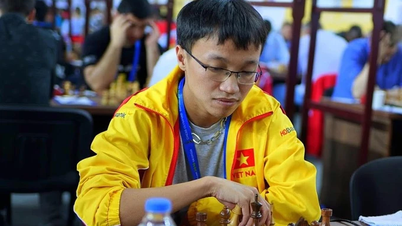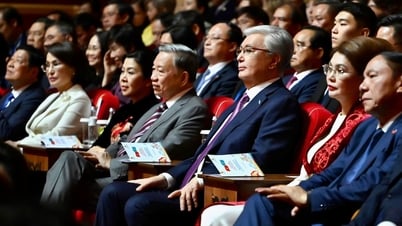 |
Bayern Munich players in a UEFA Champions League match. |
In modern football, clubs are increasingly relying on data to evaluate players, not just on physical attributes such as speed and passing ability, but also on psychological factors such as emotional control and leadership. These traits can be expressed through behaviour and body language on the pitch, which experts are looking to measure and analyse to make better decisions about player recruitment.
Yaw Amankwah, a former defender who played in the top leagues in Norway and Denmark, is a pioneer in the use of advanced technology to analyse players' psychology. Amankwah believes that in football, there is a treasure trove of information behind every goal.
Seemingly small actions like a comforting pat on the back from a teammate or an unconscious gesture can reveal a lot about a player’s mental state. It is these details that help professionals recognize a player’s confidence, determination or even isolation on the field.
Over the past six years, Amankwah and professor Geir Jordet have analysed thousands of hours of video footage from matches around the world, including leagues such as the Premier League and Women's Super League. They have built up a huge dataset, with more than 100,000 unique observations, which has led to a ranking of players based on their psychological behaviours. This allows clubs to gain an overview of a player's ability to control their emotions, compared to teammates and opponents in the same position.
Using this analytics platform, clubs can identify whether a player is in the top 5% for emotional control, or whether they can stay calm in stressful situations. “We have opened up a new world,” says Jordet. “This map gives clubs an important benchmark to compare and evaluate players’ behavior in specific situations.”
 |
Player behavior will now be collected by AI. |
Bayern Munich were one of the first clubs to experiment with the technology, when the club was coached by Julian Nagelsmann. Max Pelka, Bayern’s former psychologist, worked with Amankwah and Jordet to analyse Bayern’s matches during the 2022/23 season. After each match, Pelka would compile observations of each player’s body language elements, such as posture, head movements and hand gestures, and then present a summary of the team’s psychological performance. This is an important factor that the coaching staff considers alongside tactical and physical data before deciding on the starting lineup.
“This is an additional factor to consider when selecting a team,” Pelka said. “These psychological behaviors can help coaches decide whether they need a leader in defense, or if they want an option with a different personality.”
Players are also given analysis of their “personality” while playing. This helps players better understand how their bodies “talk” on the pitch and how they can better demonstrate leadership.
Mr. Pelka said that there is a defender in the team (Bayern Munich - PV) who is very interested in this information. This player wants to learn how to use his body language to lead his teammates. This cannot change immediately, but it will help the player improve gradually over time.
With the help of artificial intelligence (AI), Jordet and Amankwah are improving the analysis process. AI allows them to expand the scope of their analysis, being able to monitor and evaluate the behavior of a large number of football teams without any limit on the number.
“Using AI, we can analyse a larger number of teams in a short time and inform clubs about potential players, confirming or challenging decisions about signing a player,” Jordet shared.
With these advanced technologies, clubs can not only rely on traditional parameters but also better understand the psychology of players, thereby making accurate and timely recruitment decisions, avoiding risks when recruiting a player who may not be suitable for the team environment.
Source: https://znews.vn/ky-nguyen-moi-cua-bong-da-post1547189.html


![[Photo] General Secretary attends the parade to celebrate the 80th anniversary of the victory over fascism in Kazakhstan](https://vphoto.vietnam.vn/thumb/1200x675/vietnam/resource/IMAGE/2025/5/7/dff91c3c47f74a2da459e316831988ad)
![[Photo] Prime Minister Pham Minh Chinh receives delegation from the US-China Economic and Security Review Commission of the US Congress](https://vphoto.vietnam.vn/thumb/1200x675/vietnam/resource/IMAGE/2025/5/7/ff6eff0ccbbd4b1796724cb05110feb0)




















![[Photo] Sparkling lanterns to celebrate Vesak 2025](https://vphoto.vietnam.vn/thumb/1200x675/vietnam/resource/IMAGE/2025/5/7/a6c8ff3bef964a2f90c6fab80ae197c3)




































































Comment (0)